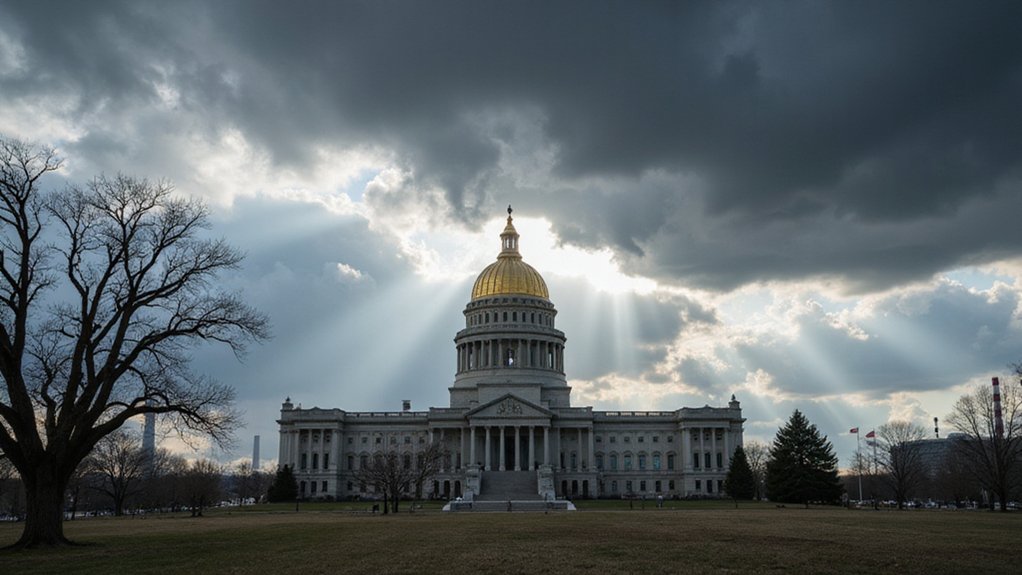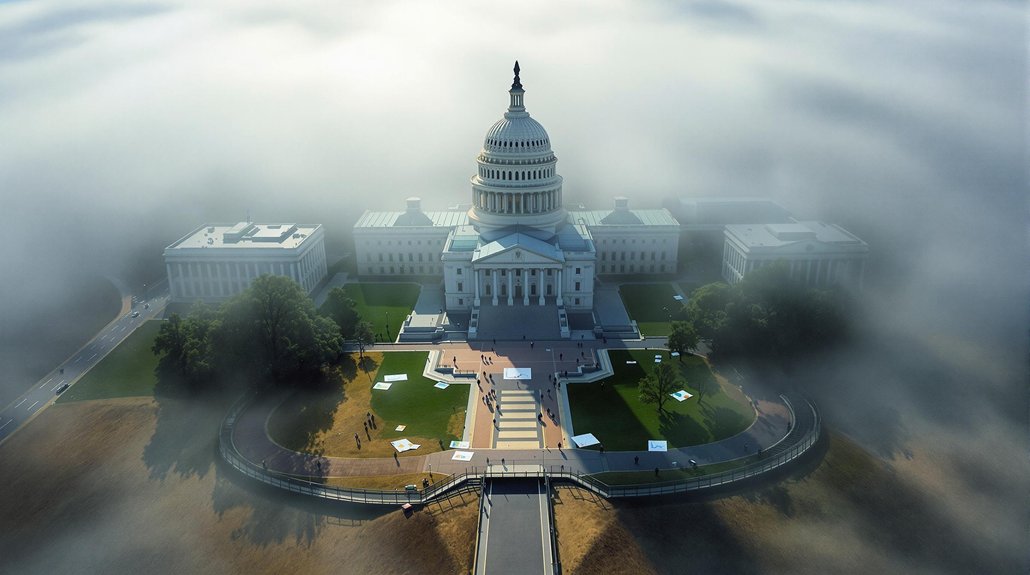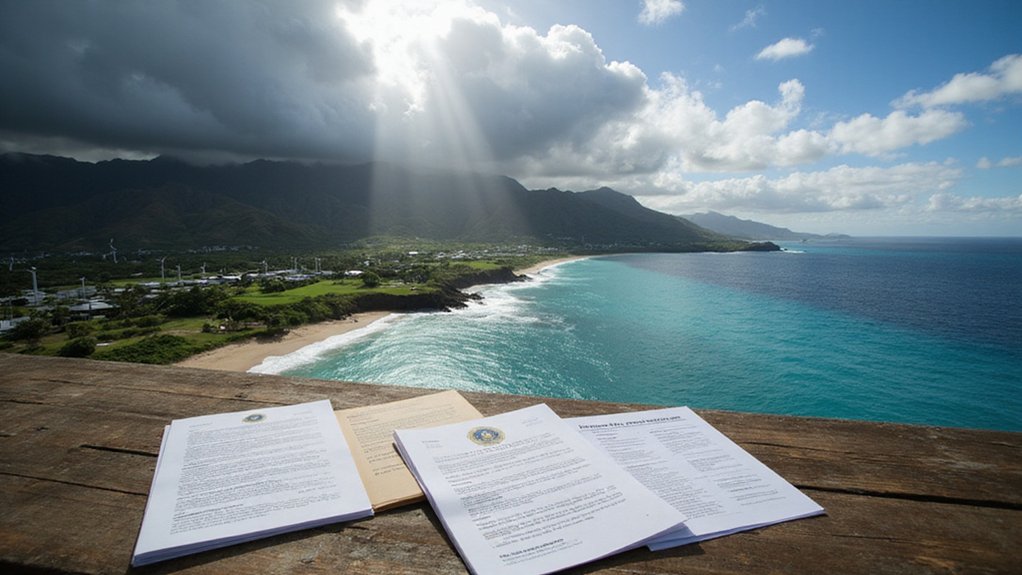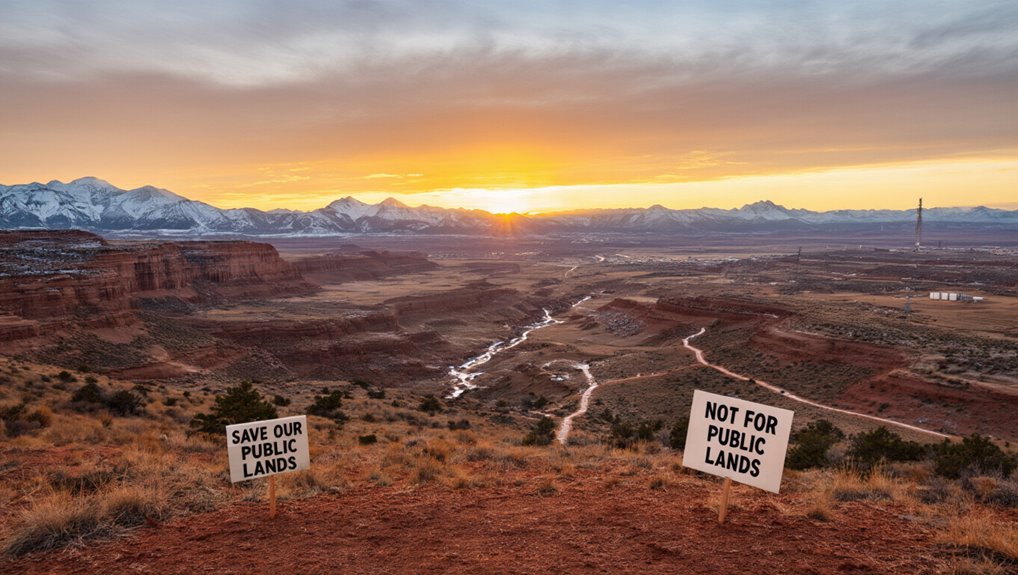While nearly every major nation committed to fighting climate change, the United States under President Trump has charted a dramatically different course. The administration rejected the scientific consensus on climate change through public statements casting doubt on climate science. Trump and his officials often claimed that climate change was exaggerated and not a real security threat to the nation.
In March 2017, Trump signed a sweeping executive order to rewrite or cancel key rules that limited U.S. carbon emissions. The Clean Power Plan, which set limits on carbon pollution from power plants, was a main target. The administration also weakened vehicle fuel efficiency standards and removed regulations on methane emissions from oil and gas operations. This rollback of over 100 environmental rules could lead to thousands of deaths from poor air quality.
The most visible break with global climate efforts came in June 2017 when Trump announced the U.S. would withdraw from the Paris Climate Agreement. This made America the only major country to reject the worldwide pact aimed at limiting global warming. The White House cited concerns about negative economic impacts as the reason for leaving. At G7 summits in both Canada and France, the administration notably avoided environmental discussions with other world leaders.
Climate research also faced significant challenges. The administration proposed major cuts to weather and climate programs at agencies like NOAA and NASA. Funding for NOAA’s Office of Oceanic and Atmospheric Research was slated to drop by $485 million, threatening hundreds of scientific positions.
These policy changes led experts to project U.S. greenhouse gas emissions would rise up to 36% higher by 2035 than they would have under previous policies. The suspension of emissions monitoring requirements further complicated climate tracking efforts. This approach left the U.S. with zero percent production in several crucial clean energy technologies while China secured dominance in renewable manufacturing.
Experts predict climate policy reversals could drive U.S. emissions 36% higher by 2035, with tracking capabilities also compromised.
America’s role on the world stage shifted dramatically. Once a leader in global climate talks, the U.S. became isolated. Many allies and environmental groups criticized the new stance, saying it undermined worldwide efforts to fight climate change.
The administration consistently framed these decisions around economic growth, job creation, and energy independence, particularly supporting coal, oil, and gas industries over renewable energy development.
References
- https://en.wikipedia.org/wiki/Environmental_policy_of_the_first_Donald_Trump_administration
- https://www.americanprogress.org/article/the-trump-administrations-retreat-from-global-climate-leadership/
- https://www.law.berkeley.edu/research/clee/research/other-research-initiatives/tracking-trump-attacks/
- https://www.policycenter.ma/publications/outlook-climate-policy-under-president-trumps-renewed-mandate
- https://www.science.org/content/article/trump-seeks-end-climate-research-premier-u-s-climate-agency









